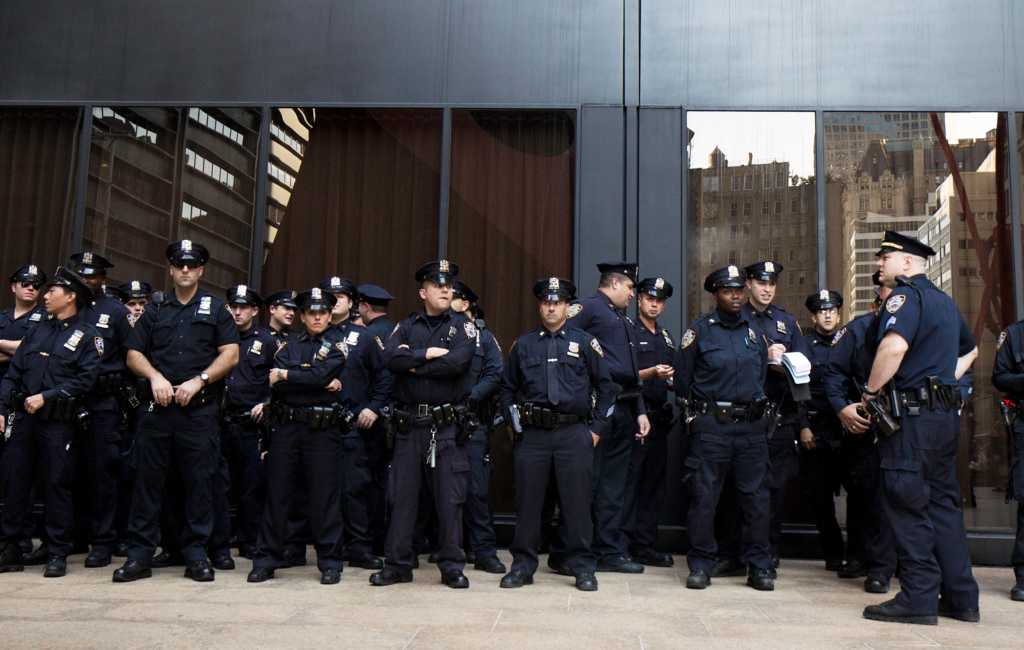For years, Briarwood Presbyterian Church in Birmingham, Alabama, has been pushing for police power, and now they’ll have it.
Gov. Kay Ivey (R) signed legislation into law Wednesday granting the church and its affiliated school, as well as a private academy in Madison County, permission to establish their own respective police forces, according to AL.com.
The law gives officers with the church police force the power to make arrests if crimes are committed on their properties.
According to the legislation, the church and schools “may appoint and employ one or more suitable persons to act as police officers to keep off intruders and prevent trespass upon and damage to the property.”
“These persons,” the bill further stipulates, “shall be charged with all the duties and invested with all the powers of police officers, including the power of arrest for unlawful acts committed on the property.”
In order to become officers, applicants will have to complete state-certified training by the Peace Officers Standards and Training Commission and will be taught how to use a non-lethal weapon.
While the law is set to go into effect this fall, some are expecting the legislation will face legal challenges. A similar bill was considered in 2017 before falling by the wayside when critics argued it would have handed government authority to religious institutions.
Randall Marshall, executive director of the ACLU of Alabama, argued to The Associated Press the law could give church leaders the freedom to cover up criminal activities on their campuses.
Briarwood, however, applauded Ivey for signing the bill into law. In a statement shared with WBRC-TV, the church argued current state law “allows certain educational institutions to appoint and employ one or more suitable persons to act as police officers to keep off intruders and prevent trespass upon the institution property.”
“The institutions currently provided the protection under this statute include a number that have less students than does Briarwood Christian School,” the statement continued.
Church leaders said they are “grateful” to Ivey and other state politicians responsible for advancing the new law.



